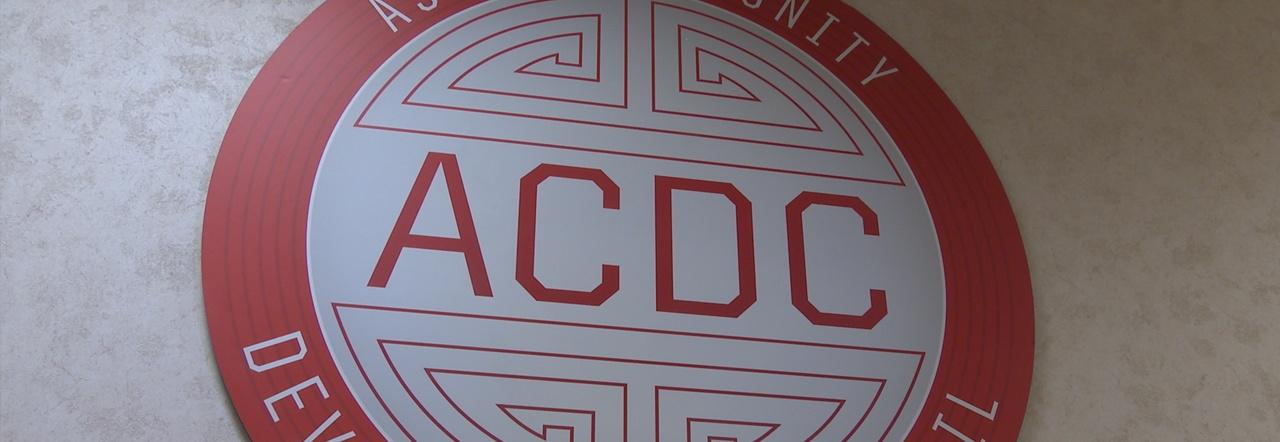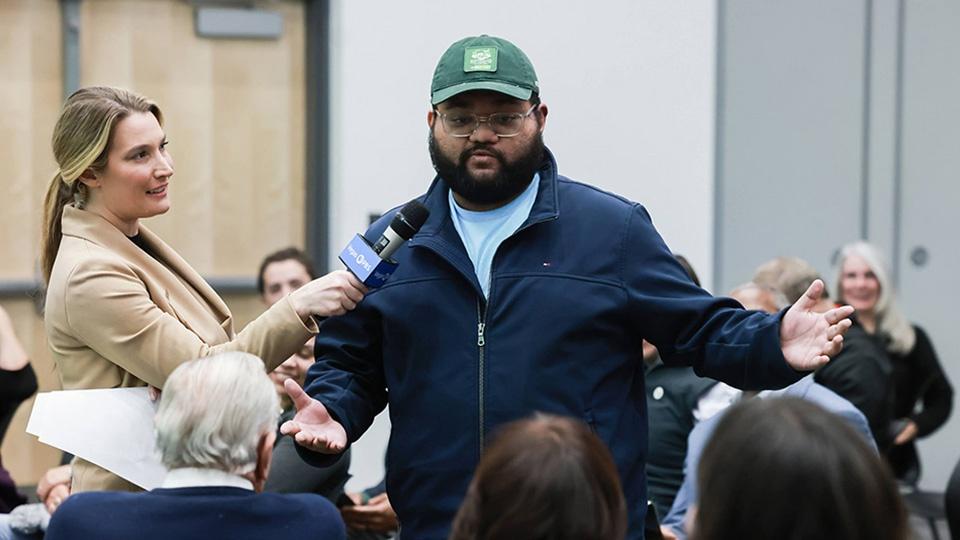Immigration service nonprofit faces challenges after federal grant loss


The Asian Community Development Center (ACDC) reached an exciting milestone in late November 2024. The non-profit had just been awarded its first federal grant. But just a few months later, the Department of Homeland Security ended that grant among many others across the United States. The reason given according to the DHS is that the grant “no longer effectuates the program goals and the Department’s priorities.”
“Knowing that this grant has been retracted, it’s really discouraging, you know? It’s a letdown for the many people that will need this assistance,” Marichi Robeniol, one of the clients who used the ACDC’s services.
Robeniol recently became a U.S. citizen, and she credits the non-profit with giving her the skills and knowledge needed to navigate what can be a complicated process.
ACDC says the $300,000 grant would have gone a long way in helping about 200 people through the naturalization process. It would have covered classes designed to help people understand and pass the interview portion of the process. During the interview, people have to show a significant knowledge of American civics and be able to discuss those topics in English.
“The process to becoming an American citizen is not that easy,” said ACDC Founder and President Vida Lin. “They have to study 100 questions because anytime during the interview, they’ll ask them any of those questions. Think about it. One hundred questions about American history, how the government works. People who are born here wouldn’t know some of the questions asked.”
Robeniol says this part of the process would have been daunting without help.
“Dates, you know, factoids, in terms of who, what, where,” she said, “Those are the things that I somehow needed real guidance and assistance in sorting those out. On my own, I really think I would have difficulty.”
Along with the civics lessons, ACDC helps clients fill out lengthy application packets covering everything from family history to any criminal records. Lin says it takes several hours to fill out just one packet, and every family member has to have their own paperwork.
While Robeniol went through this process before the grant was available, new clients haven’t been as fortunate. Lin says having to make those calls to participants and explain decreases in the programs was heartbreaking.
“They worked so hard, they had everything set up, places where to train and educate. And now we don’t have that grant, so we won’t be able to do some of the services,” Lin said, “We will continue helping with applications and educating. But we won’t be able to do a full program that would benefit this country.”
Lin says the community and donors have stepped up to help fund these services. She stresses these programs are designed to help legal permanent residents take the proper steps to become U.S. citizens.
“Everybody at one time immigrated to the U.S. or were brought in from Africa forcefully, except for the Native Americans. We all come from somewhere. When did immigrants become negative or criminal? Before they even look at your background, if you look foreign, they consider you as an immigrant. Although you can be a couple of generations here in the U.S., you are just as American as everyone else. And what the United States is made of, is immigrants,” Lin said.
A smart and state-focused public affairs program, Nevada Week provides insight into the most current and critical issues facing Nevada. This weekly half-hour show covers a wide range of important issues such as health care, politics, arts and culture, education, economic development, social services and more.
Contact Nevada Week: nevadaweek@vegaspbs.org

A new initiative focused on civic engagement and community conversations in partnership with The Nevada Independent.